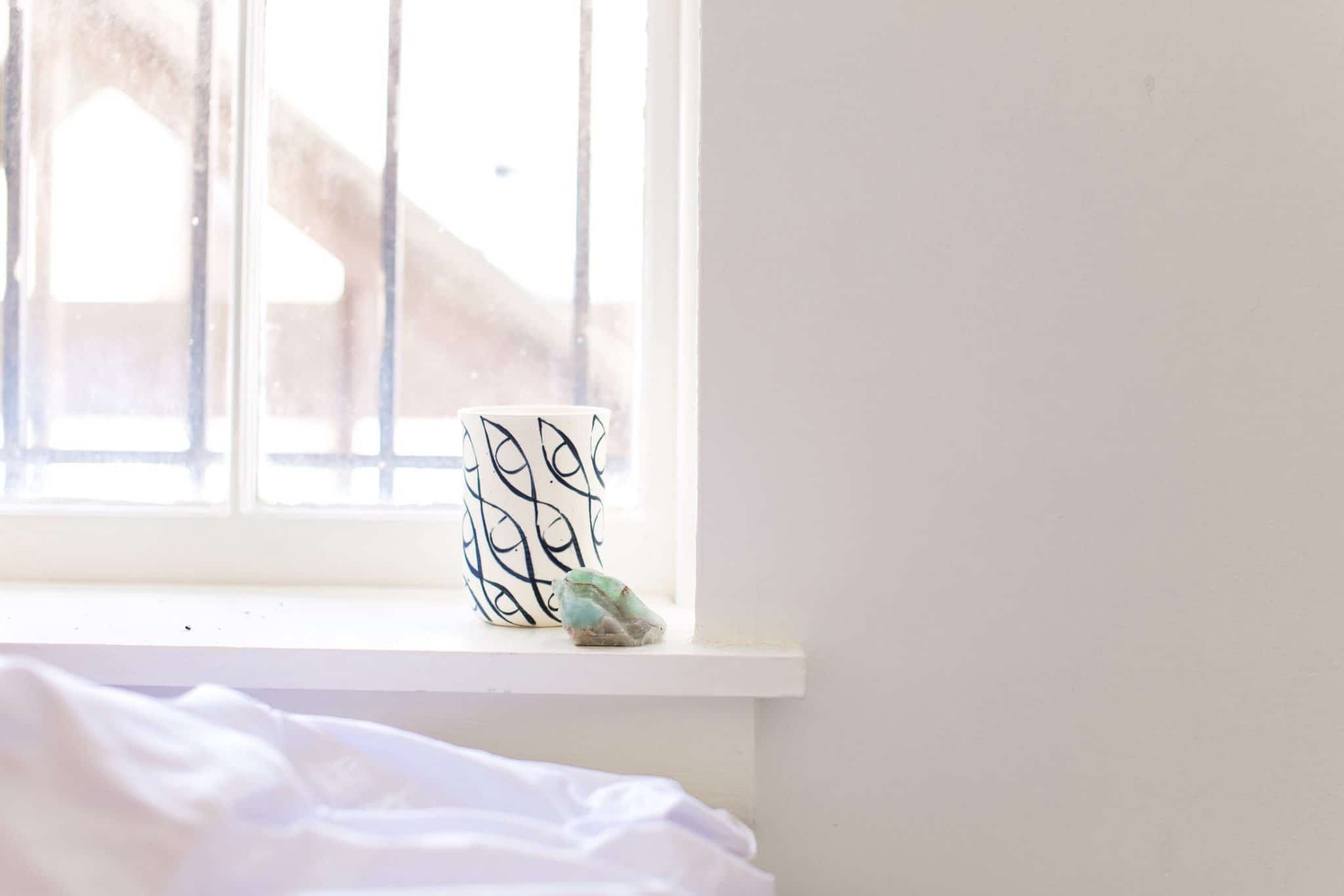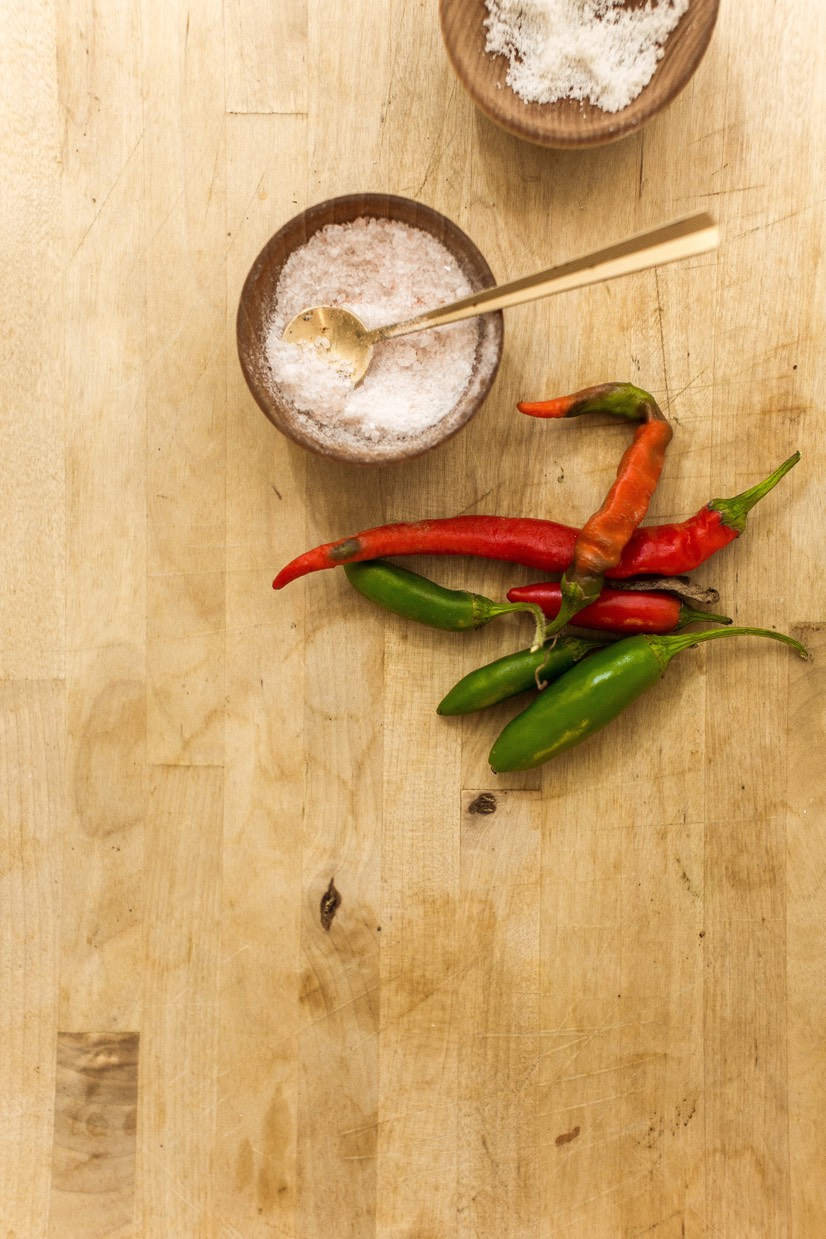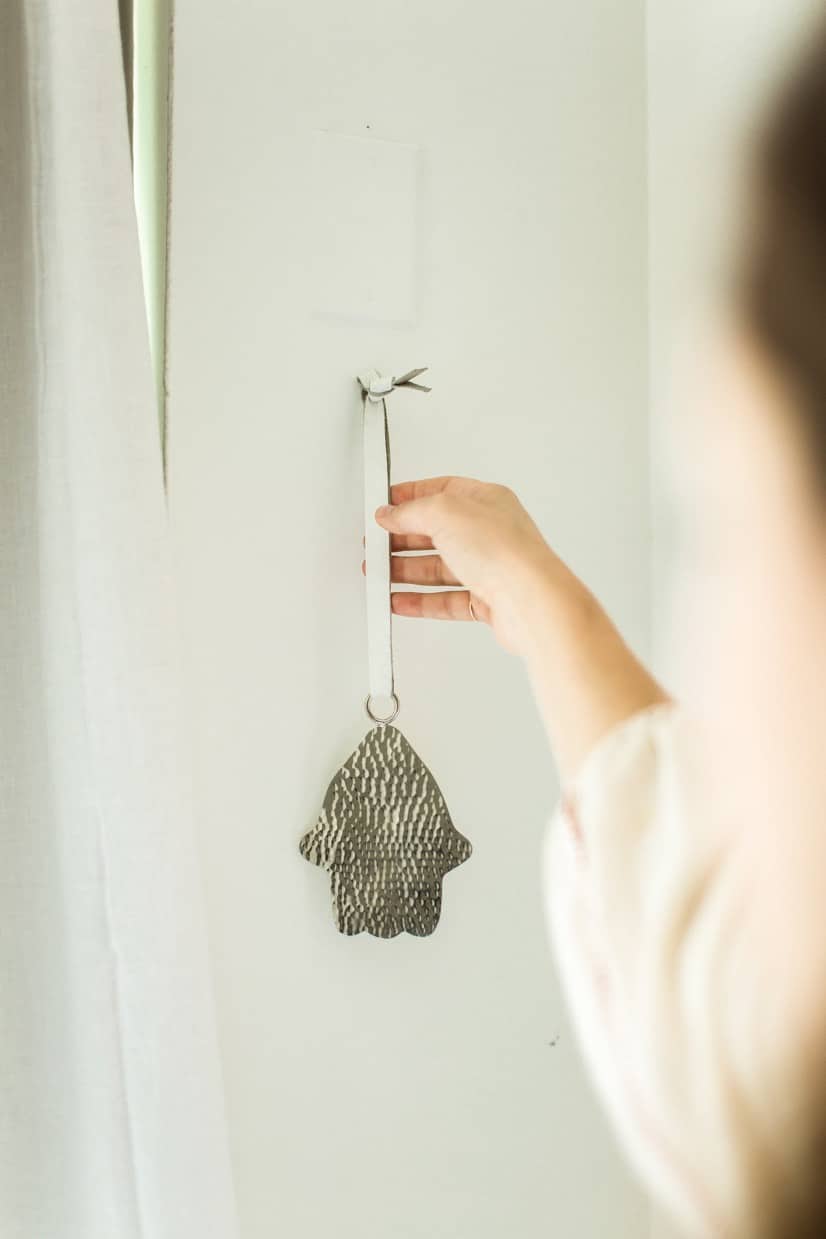In the longstanding tradition of mystical Jews and lifestyle publications, we bring you New Moon Readings. They aren’t fortune telling or magic, and they’re not about luck or a mysterious power. They draw upon on the wise monthly themes of the Hebrew calendar, the influence of the solar system on our daily lives, and, sometimes, totally pagan prognostication tools (tarot!) to guide us.

Passover has come to an end! The ancient Israelites made it out of slavery! So, we’re good? Not so fast. Passover doesn’t conclude our freedom story, it’s just the beginning of the next chapter.
Once you fight for your freedom, there’s still a lot of healing to be done, which is why the month of Iyar will challenge us to draw closer to our most sacred selves and do some serious self-care – an invaluable opportunity.
You might be thinking: “Well, that sounds selfish; the whole world is suffering! How can I possibly justify spending time on healing myself?”
Think of it from a spiritual perspective: Jewish wisdom teaches that each human carries within them a Divine spark. A little sparkly piece that belongs to the whole of humankind.
That means our individual healing is an element of universal healing.
Still feeling weird about giving yourself some attention? The way we treat ourselves shows up in the way we treat others. Self-healing is critical, because we’re all connected.
If you’re still unsure, check this: the Hebrew letters of the name of this month, Iyar, אייר , are an anagram for the Torah verse Ani Yud Yud Rofecha. Translation: “I am G-d, your healer.”
The message for this month couldn’t be more clear: Healing oneself is the way we connect to our greater shleimut (wholeness).
But, what is healing, exactly?
Allow us to split a few linguistic hairs and look at the rabbis’ distinction between “cure” and “healing.”
For a terminally ill patient, a cure is beyond reach.
But the option to heal, to become whole, is always possible.
Kabbalistic teachings believe the body, mind, and spirit are connected; a physical illness might trigger psychological and spiritual distress, and physical or psychological distress can also cause physical illnesses. Stress headache, anyone?
That’s why Jews traditionally wish a sick person refuah shlema (complete healing).
Jewish history is no stranger to suffering and illness, but the attitude is what makes all the difference. Jewish wisdom says that challenges are elements of a natural order, and encountering them is part of what it means to be human.
The Jewish people are constantly moving toward healing and wholeness, a process laid out in the Shabbat prayer Yedid Nefesh:
“Please, G-d, heal my soul by showing it the pleasantness of Your radiant light so that it will be strengthened and healed and will have eternal joy.”
Take this month of Iyar to heal and rid yourselves of any limiting beliefs in your mind or undesirable foods you may have put in your body.


Give yourself permission to spend time looking at your deeper issues. What can bring you into alignment?
The pursuit of healing takes an enormous amount of courage, strength, and dedication. But, the Torah’s clear about this one:
“Take very good care of yourself.” (Deuteronomy 4:15)
You’ve gotta heal before you can grow.
Self-care is a decidedly Jewish thing. Even Hillel was into it! He says so right there in one of his most famous quotes: “If I am not for myself, who will be for me…. And if not now, when?”
How can I become whole?
There’s no “right way” to heal. The rabbis would tell us that some combination of performing acts of kindness, caring for our bodies, praying, and studying Torah will guide us to refuah shlema. At The Well would also sprinkle in some singing, dancing, herbal remedies, therapy sessions, creative expression, moon-bathing, healing touch, bubble bath-taking, acupuncture, and walks in nature, to name just a few.
How do you heal?
A special new moon reading brought to you by At The Well, which connects women to body, soul, and community through wellness education and Jewish spirituality.
Photos by Leah Beilhart
Thank you for visiting Arq!
Arq is no longer publishing new content. We hope you'll enjoy our archived posts.